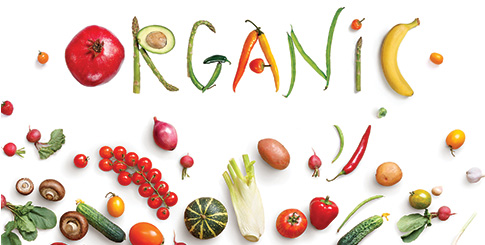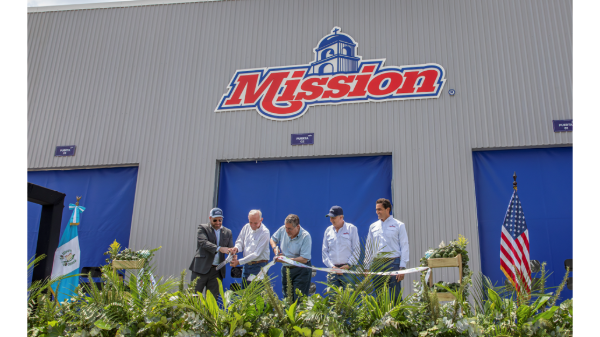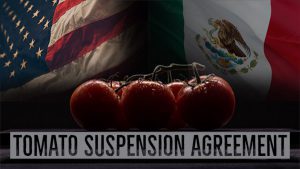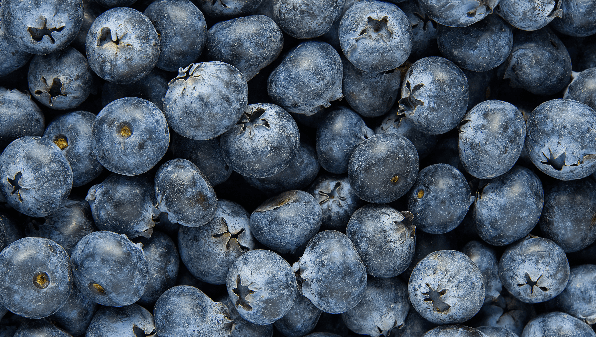Welcome to Blue Book!
Are you ready to join the thousands of companies who rely on Blue Book to drive smarter decisions? View our plans and get started today!
Still have questions? We’d love to show you what Blue Book can do for you. Drop us a line– we’ve been waiting for you.

WASHINGTON, April 24, 2025 – In response to industry feedback sought by the National Organic Standards Board (NOSB) Spring 2025 Work Agenda, the International Fresh Produce Association (IFPA) BB #:378962 submitted comments highlighting priority issues for the organic fresh produce sector.
The comments, developed in consultation with the association’s Organics Committee, emphasized the need for practical, science-based standards that support organic production while ensuring supply chain viability.
“Organic growers face unique challenges that require flexible, regionally aware, and evidence-based certification standards,” said IFPA Director of Production & Environmental Policy Sara L. Neagu-Reed. “Our recommendations to the NOSB are designed to help safeguard organic integrity while ensuring that growers have practical tools and fair, consistent oversight that reflects the realities of organic farming today.
“IFPA thanks the NOSB for its work in advancing organic standards and looks forward to continued collaboration to support a transparent, science-based, and practical regulatory environment for organic produce.”
Key comments include:
- Support for Risk-Based Certification Improvements: IFPA supports developing updated training for certifiers and advocates for a data-driven, nuanced approach to classifying risk in organic operations.
- Commitment to Organic Integrity: IFPA shared the best practices used by its members to maintain organic integrity, including comprehensive internal tracking systems, residue testing, and transparent operational procedures. The association emphasized the importance of consistent, clear compliance resources and training for certifiers and producers.
- Residue Testing and Contaminants: IFPA advised maintaining the current 5 percent EPA tolerance threshold for pesticide residues to avoid market disruptions and noted the practical challenges of achieving zero-residue levels in fresh produce due to environmental contamination.
- Ongoing Compost Standards Dialogue: IFPA reaffirmed its position supporting science-based, achievable biodegradability metrics in compost production and cautioned against restrictions that could limit compost availability for organic growers.
Additional comments submitted by IFPA addressed the status of several production and processing inputs, including carbon dioxide, pear ester, hydrogen peroxide, ammonium soaps, horticultural oils, pheromones, ferric phosphate, potassium bicarbonate, magnesium sulfate, potassium phosphate, and inert ingredients in pesticide products.
For more information about IFPA’s advocacy on behalf of the organic fresh produce community visit the Organic Policy area of the organization’s website.
About the International Fresh Produce Association (IFPA)
The International Fresh Produce Association (IFPA) is the largest and most diverse international association serving the entire fresh produce and floral supply chain and the only to seamlessly integrate world-facing advocacy and industry-facing support. We exist to bring the industry together to create a vibrant future for all. We grow our members’ prosperity by conducting advocacy, connecting people and ideas; and offering guidance that allows us all to take action with purpose and confidence. IFPA represents member companies from small family businesses to the largest international corporations throughout the global fresh fruit and vegetable supply chain, including growers, shippers, fresh-cut processors, wholesalers, distributors, retailers, foodservice operators, industry suppliers and allied associations.
Contact: Sarah Gonzalez, sgonzalez@freshproduce.com, (202) 303-3411








